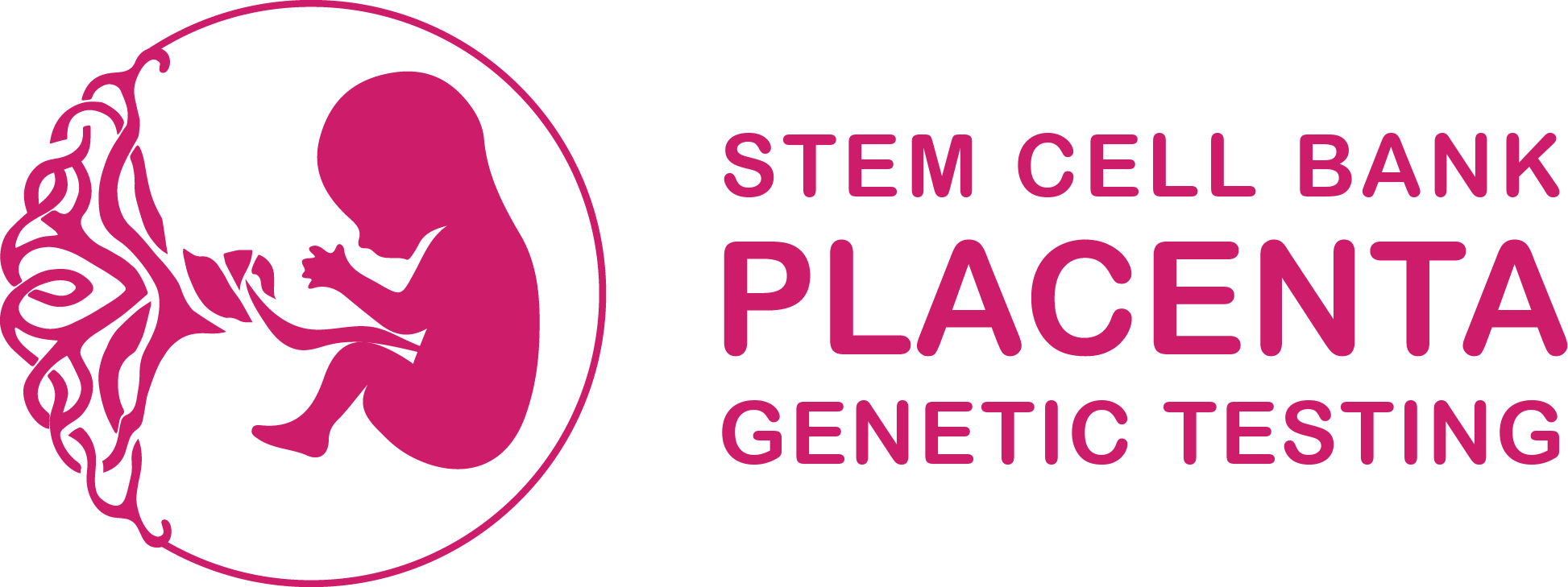FamiBlog
Sleep apnea during pregnancy
Obstructive sleep apnea is not only the domain of older, overweight people, but also occurs frequently in pregnant women. According to studies, more than 25% of expectant mothers are affected by this problem in the third trimester of pregnancy. However, not everyone is aware of the consequences associated with sleep apnea. What are the causes and consequences of sleep apnea in pregnancy?

07 August 2019
Sleep apnea during pregnancy - symptoms
Obstructive sleep apnea (OBPS) most commonly affects obese people, the elderly, and cigarette smokers. In this disease, the soft parts of the throat collapse, causing shallow breathing and respiratory failure. Snoring is one of the characteristic symptoms of the disease. There may also be excessive daytime sleepiness and the need for additional naps. Diagnosing apnea in pregnancy is difficult because sleepiness can occur independently as one of the symptoms during these nine months. To diagnose sleep apnea in pregnancy, a test - polysomnography - is performed. In most cases, it is the expectant mother's partners or relatives who are the first to notice the symptoms of apnea in pregnancy.
Sleep apnea during pregnancy - causes
During pregnancy, numerous changes occur in the body of the expectant mother. These include hormonal changes. An increase in estrogen levels can contribute to swelling of the nasal mucosa and secretion production, thus affecting the patency of the nose. Progesterone, on the other hand, increases respiratory drive. These changes contribute to an increased risk of sleep apnea during pregnancy.
Other causes of OBPS during pregnancy include obesity and fatty tissue gain, particularly in the face and neck. This, in turn, impairs airway permeability. Due to the enlargement of the uterus during the following months of pregnancy, the functional lung capacity is reduced, which favors, for example, sats. In addition, the accumulation of fluid in body tissues in the form of edema, e.g. in the neck, plays a role in the development of respiratory failure.
Sleep apnea in pregnancy - effects
Obstructive sleep apnea prevents good and restful sleep. The resulting sleep pauses and decreased satiety in turn lead to activation of the sympathetic nervous system as well as a decrease in leptin secretion and an increase in ghrelin, the hormones responsible for fat and carbohydrate metabolism. In addition, respiratory failure negatively affects blood flow and oxygenation of placental tissue.
The consequences of sleep apnea in pregnancy include:
- Development of hypertension during pregnancy
- increased risk of pre-eclampsia
- reduced growth of the fetus
- gestational diabetes
- increased risk of premature birth
- lower Apgar score
According to studies, women with obstructive sleep apnea are more likely to deliver by cesarean section during pregnancy than the healthy population.
Sie interessieren sich auch für:
Intimate infections during pregnancy
Many expectant mothers struggle with the annoying symptoms of intimate infections during...
Sore throat during pregnancy
A sore throat is a relatively common condition that also affects pregnant women. However, not all...
Eating raw meat during pregnancy
During pregnancy, the expectant mother has many desires. But not all of them can be freely...
Stem cells and cord blood
Bone marrow was the primary source of stem cells (bone marrow transplantation involves...































